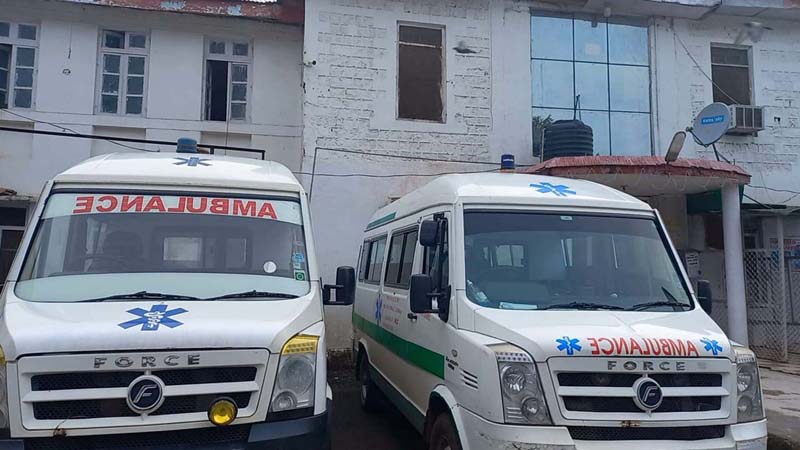The situation in Mendhar Sub Division of Poonch District requires the immediate attention of authorities. There are 19 ambulances in the area, but 15 of them are without drivers, leaving a population of over one and a half lakh people suffering. Additionally, there are 108 ambulances given to the sub-division, but the majority have been lying unused for several years. The lack of coordination between different Government bodies has led to ambulances without drivers in the region, which has adversely affected critical patients and healthcare services. The situation appears to be prevalent in multiple district and sub-district hospitals, indicating a systemic problem that requires urgent attention and resolution. It is commendable that the District Development Council office has been responsive to public feedback and has provided ambulances from their funds. However, the absence of a provision to deploy drivers for these ambulances has rendered them ineffective and unable to fulfil their life-saving purpose. The normal strength of drivers might be challenging, but a more equitable distribution of drivers across the fleet is essential to improve emergency response times and saving lives.
The Health and Medical Education Department needs to conduct an audit of the ambulance fleet. There is no point in purchasing ambulances and not using them for years. Additionally, the department should make arrangements for hiring drivers to ensure efficient ambulance operations. An out-of-the-box solution may be setting up a pool of local drivers who can be hired and deployed as and when required on short notice. This temporary arrangement can provide employment opportunities for the youth in the area, contributing to the economic development of the community. Being a hilly border area, the entire stretch is accident- and incident-prone. As such, the administration must take proactive steps to ensure that critical patients receive timely medical attention and that no lives are lost due to delays in arranging medical transport.
Trending Now
E-Paper


